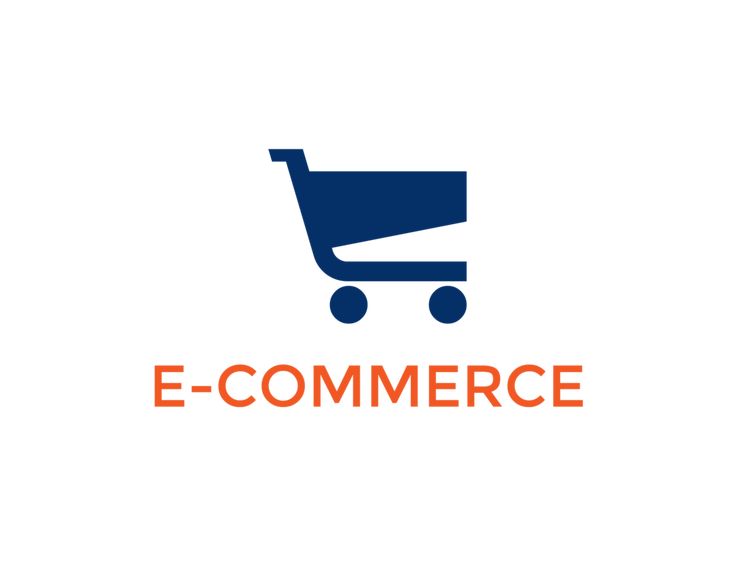Choosing the most suitable platform for your e-commerce business is always a conscious decision based on your goals, your tech competence, and resources. For this reason, it is critical to appraise each platform to determine its unique advantages and disadvantages, starting with Facebook. Shopify, WooCommerce and BigCommerce are probably three of the best, offering the right solution for different types of businesses.
Shopify enjoys an excellent reputation due to its easy installation and simple controls. It lets users set up and start an e-commerce company quickly without presumably technical skate platforms. It offers a safe payment option, various templates for sales and education, and integrated marketing tools for easy operation. If there is an Achilles’ heel of Shoot, it is that Pify, the vice, requires a subscription fee from users; however, being reliable and supportive, Shopify allows businesses to concentrate on their offers without worrying about technical issues.
For businesses that need a highly customizable platform, WooCommerce is recommended. As an open-source plugin for WordPress, it offers flexibility in terms of design and features. Thus, compared to Shopify, WooCommerce requires more professional engagement, assuming all these issues are solved without the platform’s help. This added responsibility can benefit those who would like to manage all aspects of their stores, from the look to the functionality, to benefit their target market, such as specialty shops or those selling particular products.

BigCommerce is unique as an e-commerce platform for growing businesses that can scale quickly. It has superior SEO functionality and multiple selling capabilities, with no transaction fees; this product is ideal for large businesses with high sales turnover. It also provides a powerful and intuitive dashboard for handling activities in multiple networks. Nevertheless, some of its characteristics may be overkill for firms that offer or plan to offer a small number or types of products or are inexperienced in using e-shopping carts.
Both platforms have benefits; therefore, the best platform will depend on your business needs. Again, effectiveness inside a business operation and the capacity to scale up those operations are other criteria, and factors like usability, flexibility, and integrability can be considered necessary for the choice of the platform.
Conclusion
In conclusion, Choosing the correct e-commerce platform proves that starting on the right foot is essential when constructing a business. Shopify is suitable for individuals who want an easy and fast setup and for companies whose needs are not very special, while WooCommerce allows users to make many changes to the setup if they need special features. This makes BigCommerce serve the purpose of scalability and is recommended for enterprises with expansion strategies. By assessing the nature and capability of each of the platforms you must have also considered the strengths and weaknesses of each to be able to recommend the most appropriate one that is liable to meet your business needs and your ultimate vision that will help in achieving most of your e-commerce goals.